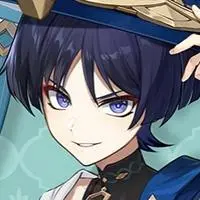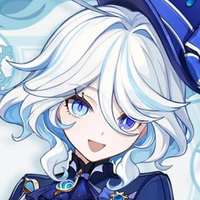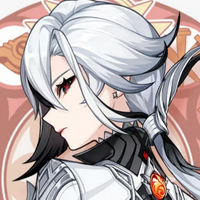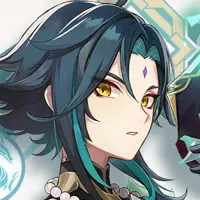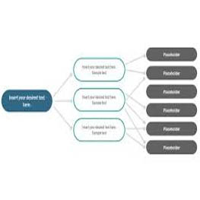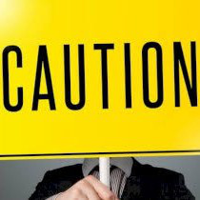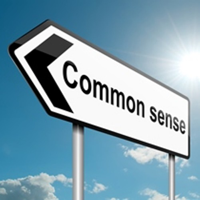Neuvillette (Chief Justice of Fontaine) tipo di personalità MBTI
Personalità
"Che tipo di personalità è Neuvillette (Chief Justice of Fontaine)? Neuvillette (Chief Justice of Fontaine) è un tipo di personalità ISTJ in mbti, 6w5 - so/sp - 614 in enneagram, RCOAI in big 5, LSI in socionics."
Reasons why Neuvillett is INFJ and not ISTJ: 1) He has deep emotions and cryies often 😭(ISTJ are robots thus have no emotions and never cry) 2) He apologises often 🥹 3) He cares about all Fontainiens🪸🪼(ISTJ dont care about other people) 4) He judges everyone equally (equality based on objective facts is last thing ISTJ desires) 5) He is kind and gentle (ISTJ are cold robots) 6) Lastly, he has interests like for example he likes water and melusines 🐌🌊 (we all know ISTJ only likes working) All that being said, i think he is INFJ 🥰
Biografia
Neuvillette is the Iudex of Fontaine, and the leader of the Marechaussee Phantom. While Neuvillette upholds the rules of the court with utmost reverence and frequently keeps Furina's flamboyancy in check, he is quite aloof when dealing with human emotions and often distances himself from the public eye.


